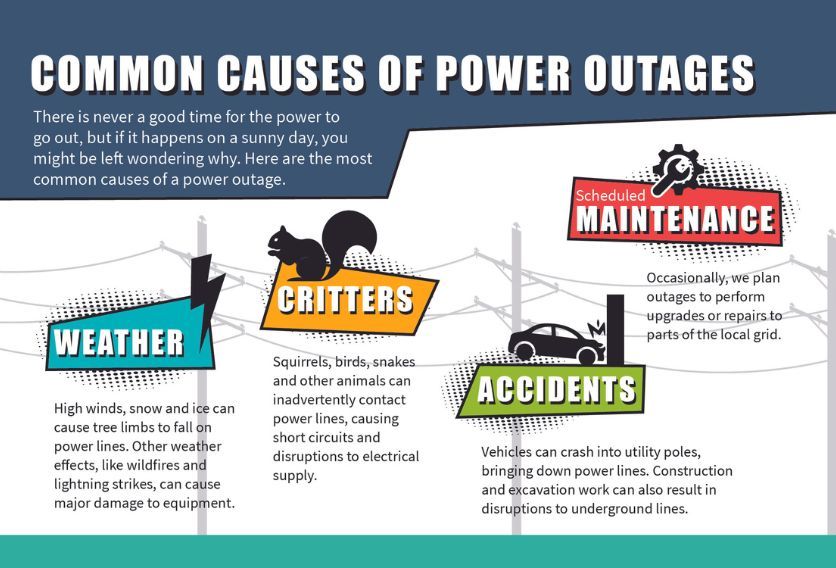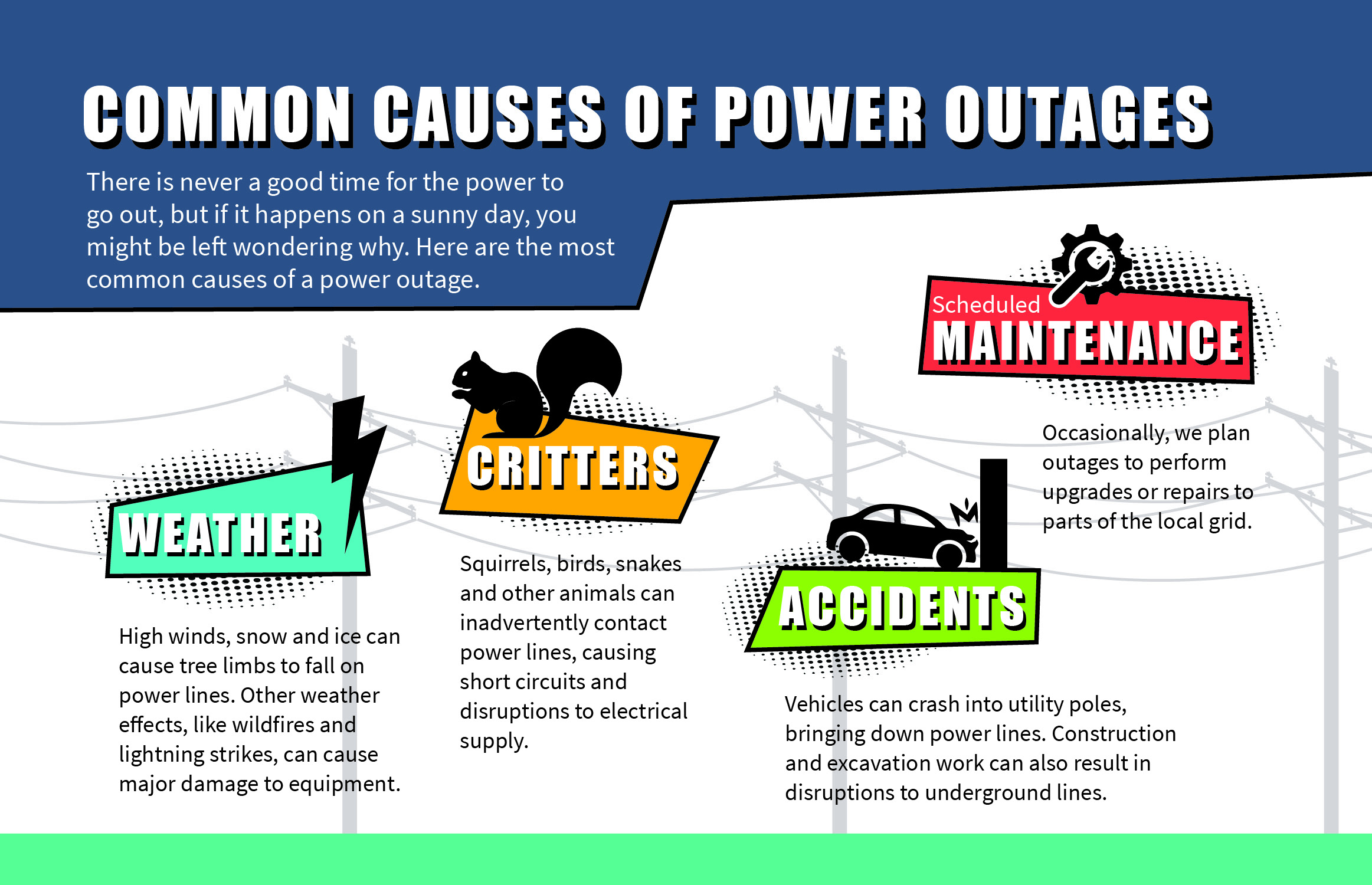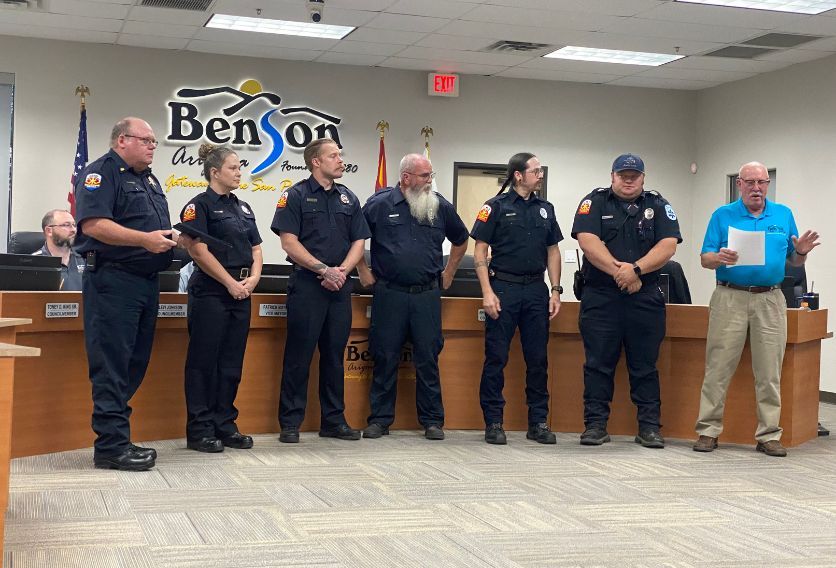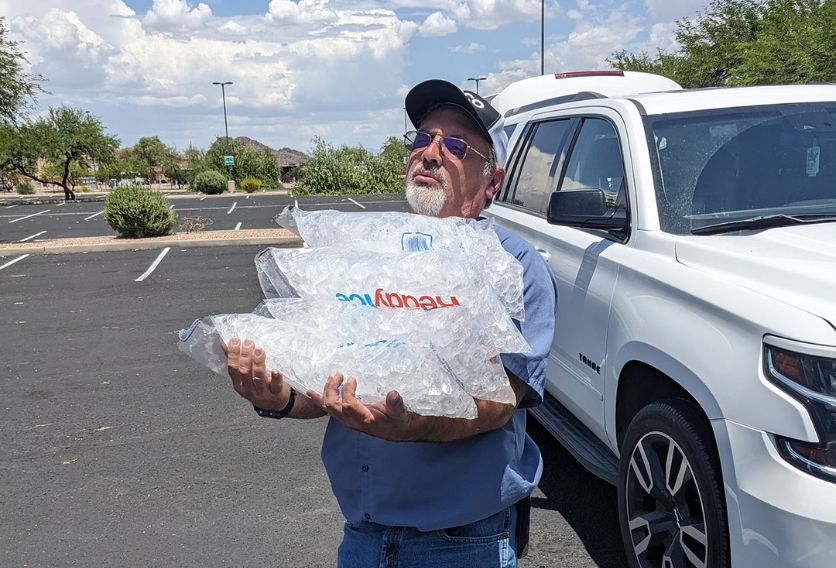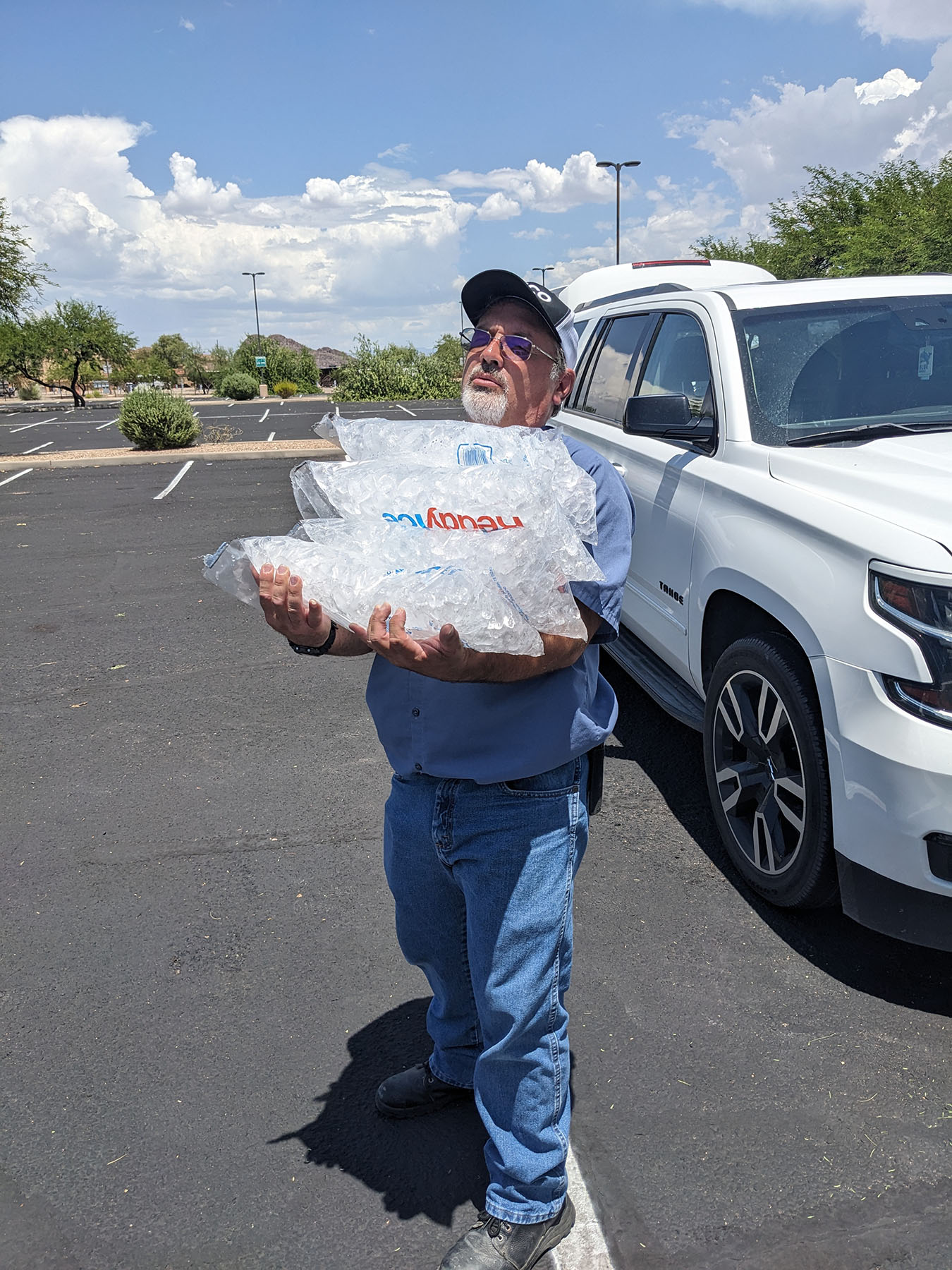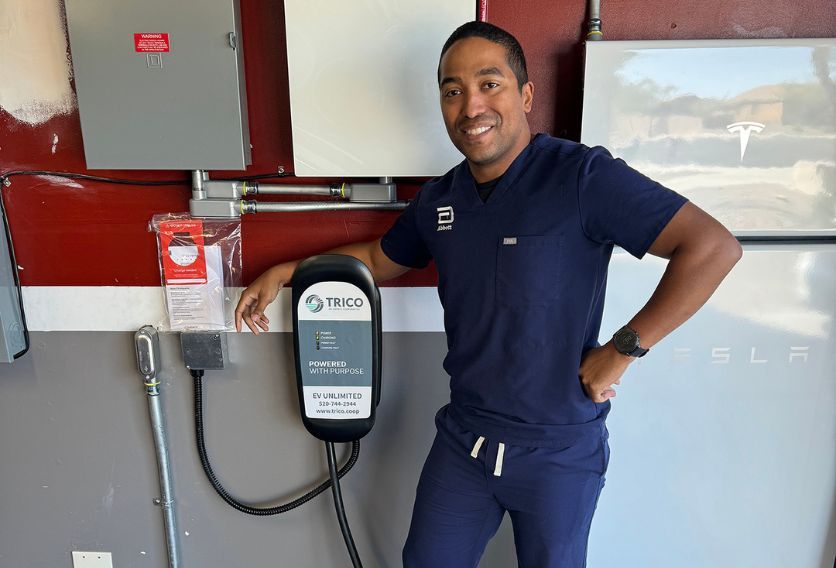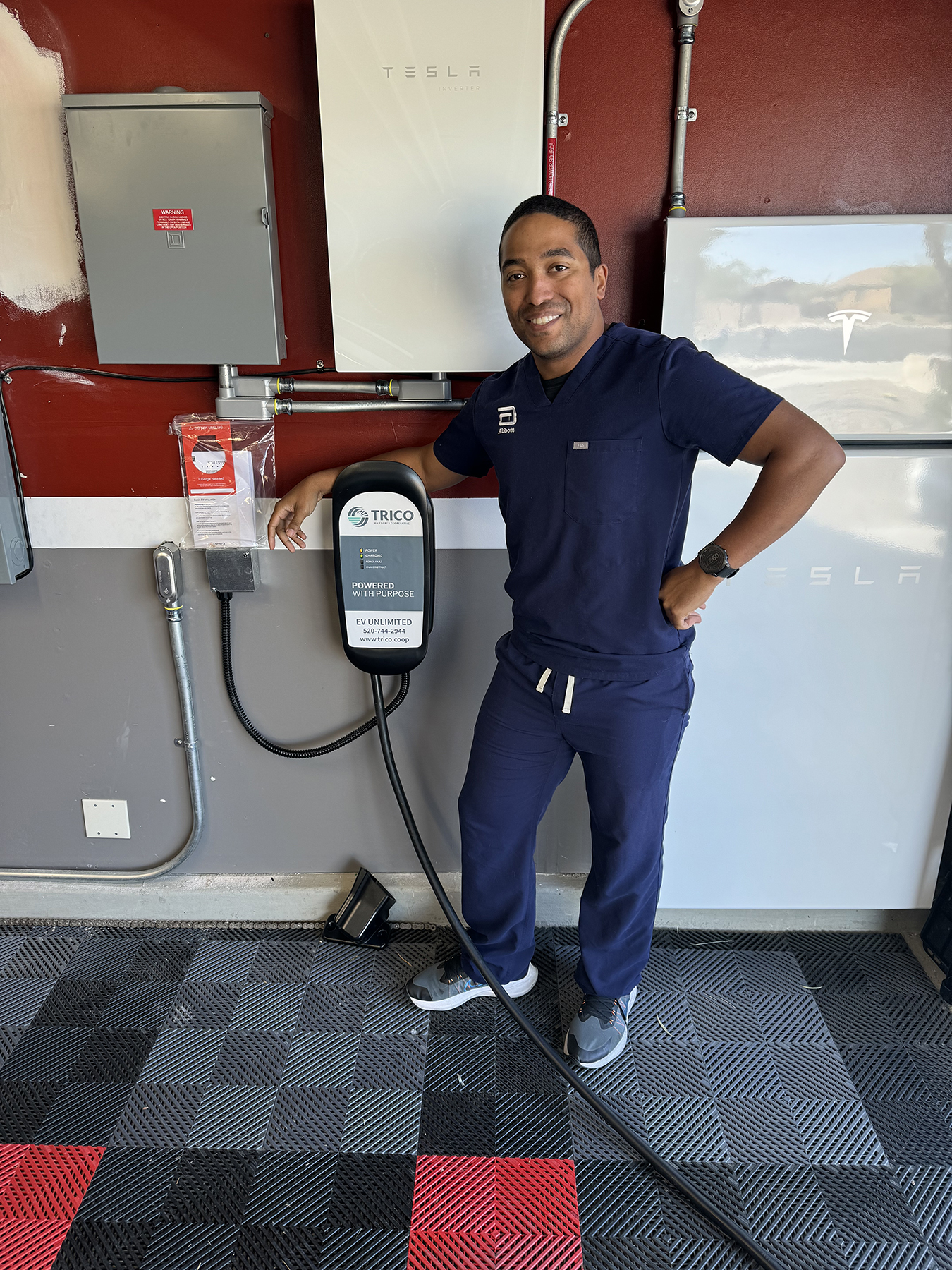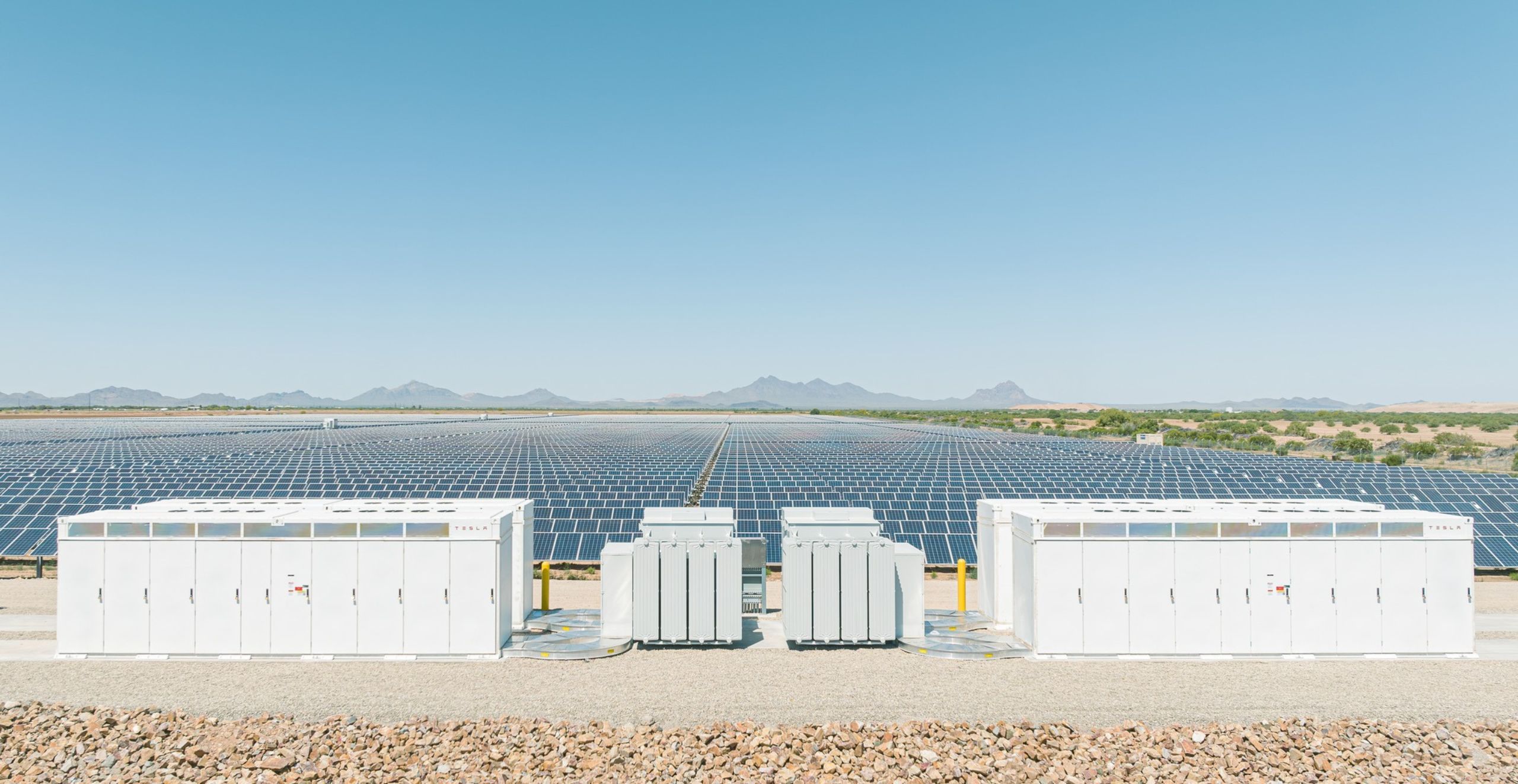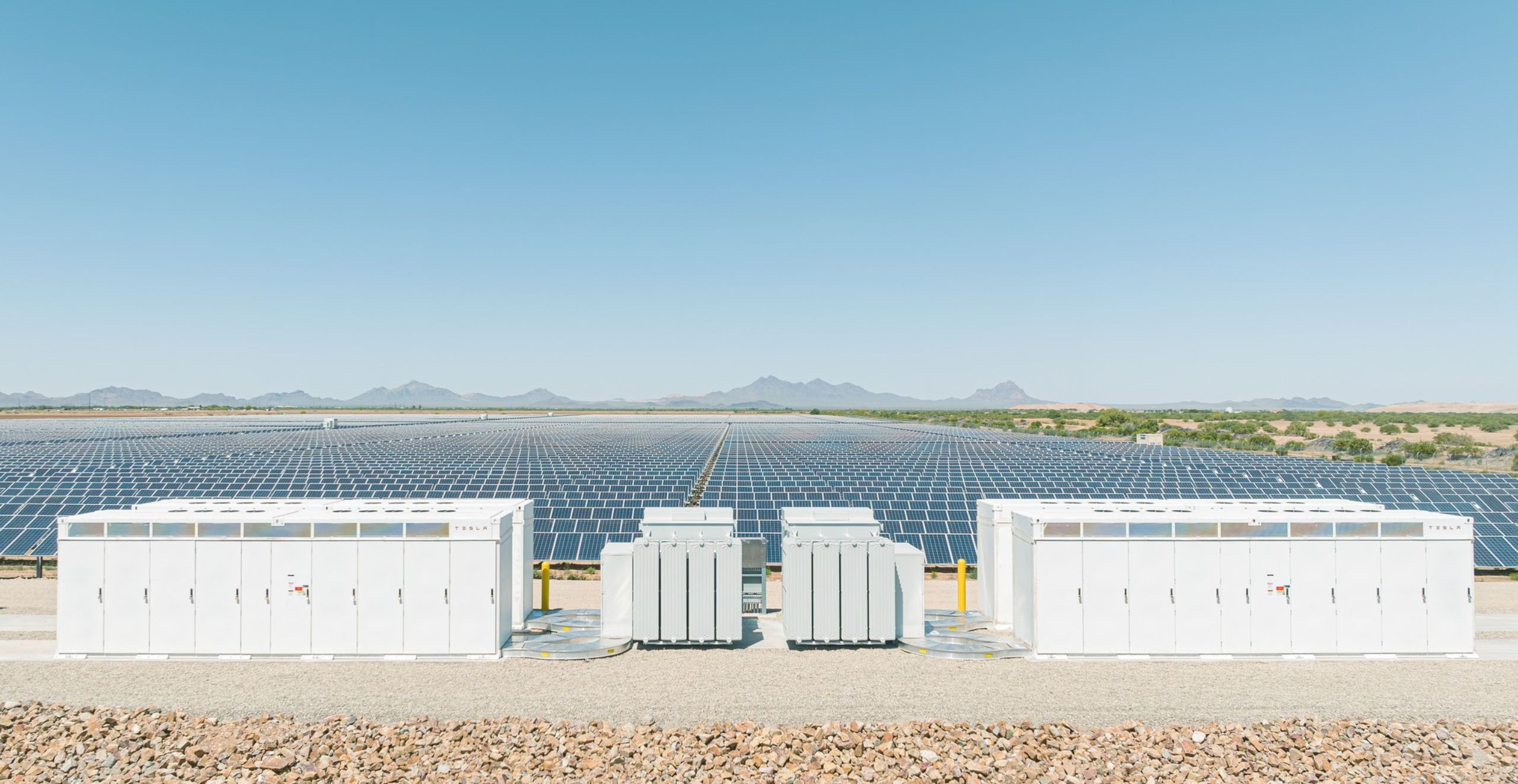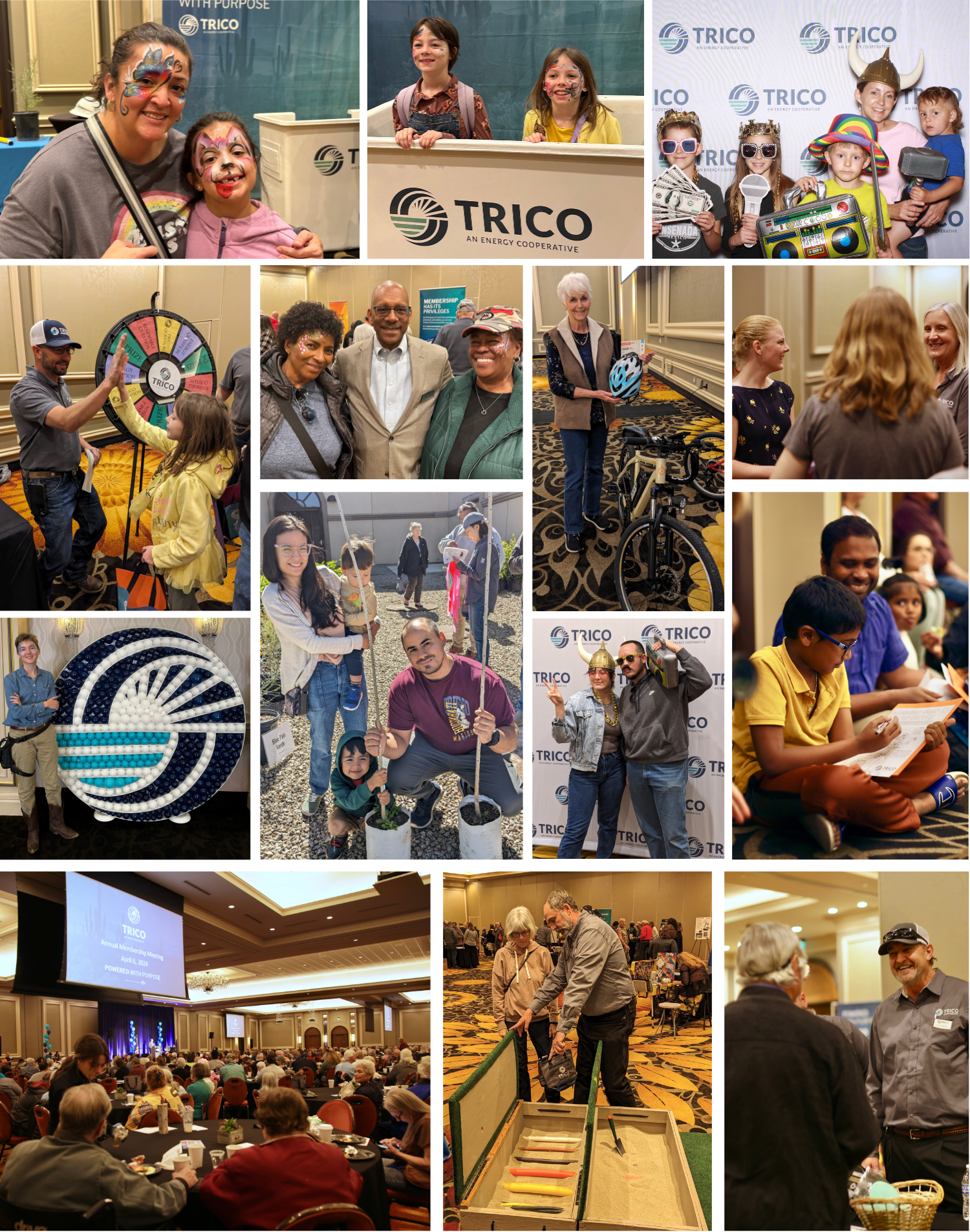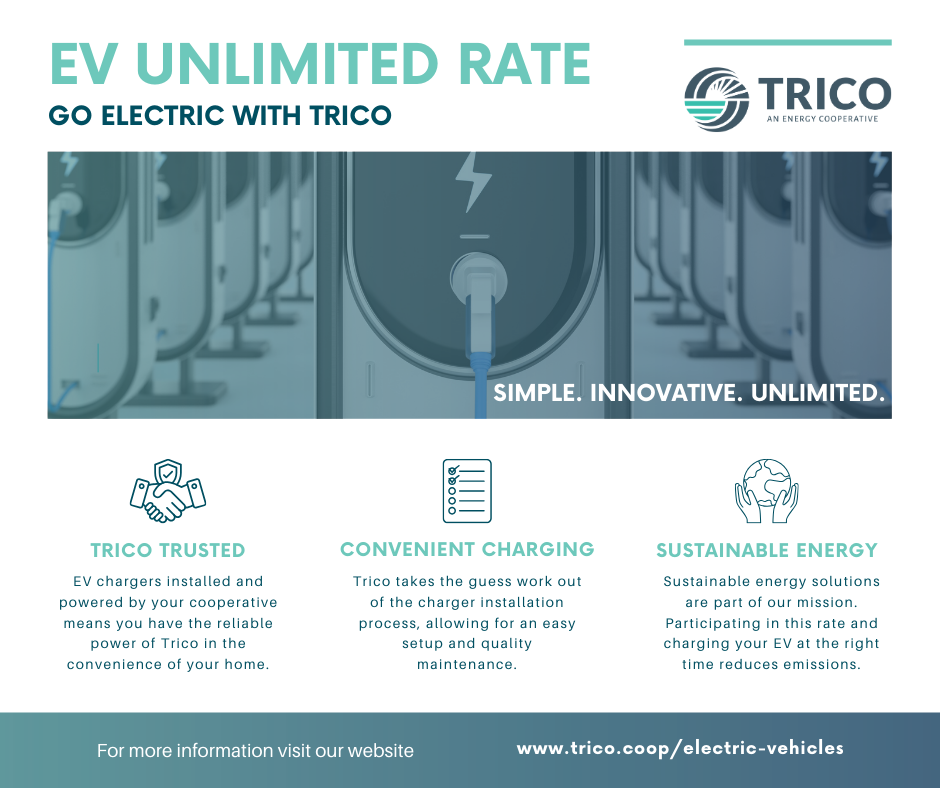CEO Column: New BESS System Saves Members Money
CEO Column: Trico’s New BESS Saves Members Money
August 1, 2024
On July 2, 2024, Trico hosted a ribbon-cutting ceremony to celebrate the completion of the Sahuarita Battery Energy Storage System (BESS), a key part of our ongoing efforts to provide our Members with cost-effective and sustainable energy solutions.
The event marked a significant milestone, supported by a $55.2 million award from the U.S. Department of Agriculture (USDA) under the Powering Affordable Clean Energy (PACE) program. Sierra Southwest Cooperatives Inc., which develops energy resources for Arizona’s nonprofit electric co-ops, received the award to support three battery storage facilities in Pima, Cochise and Mohave counties totaling 35 megawatts.
The new Sahuarita BESS, with a 10-megawatt peak capacity and a 40-megawatt-hour battery array, will store solar energy produced during the day and release it during peak demand in the evening. This project allows us to provide more reliable power, enhances our resilience, and saves our Members money. The system can power approximately 3,000 households for four hours.
Trico is proud to be among the top five electric cooperatives in the nation for installed solar and storage capacity. With a goal of reducing our carbon emissions by 50% by 2032, projects like the Sahuarita BESS are crucial steps towards achieving this target. Our cooperative’s commitment to clean energy was further reinforced by the presence of local leaders and stakeholders, including Sahuarita Mayor Tom Murphy, who praised the project as a model for other communities to follow.
As a non-profit cooperative, we do everything we can to provide our Members with great value at a reasonable cost. This project is an example of how Trico goes the extra mile to produce savings for our Members. When it comes to power supply, we do this by pursuing grants, managing expenses, developing innovative ways to save on power supply costs, and working with partners who understand what it means to be a co-op. Our new Sahuarita BESS will provide cost benefits not just for the community where it is located, but for all Members and for years to come.

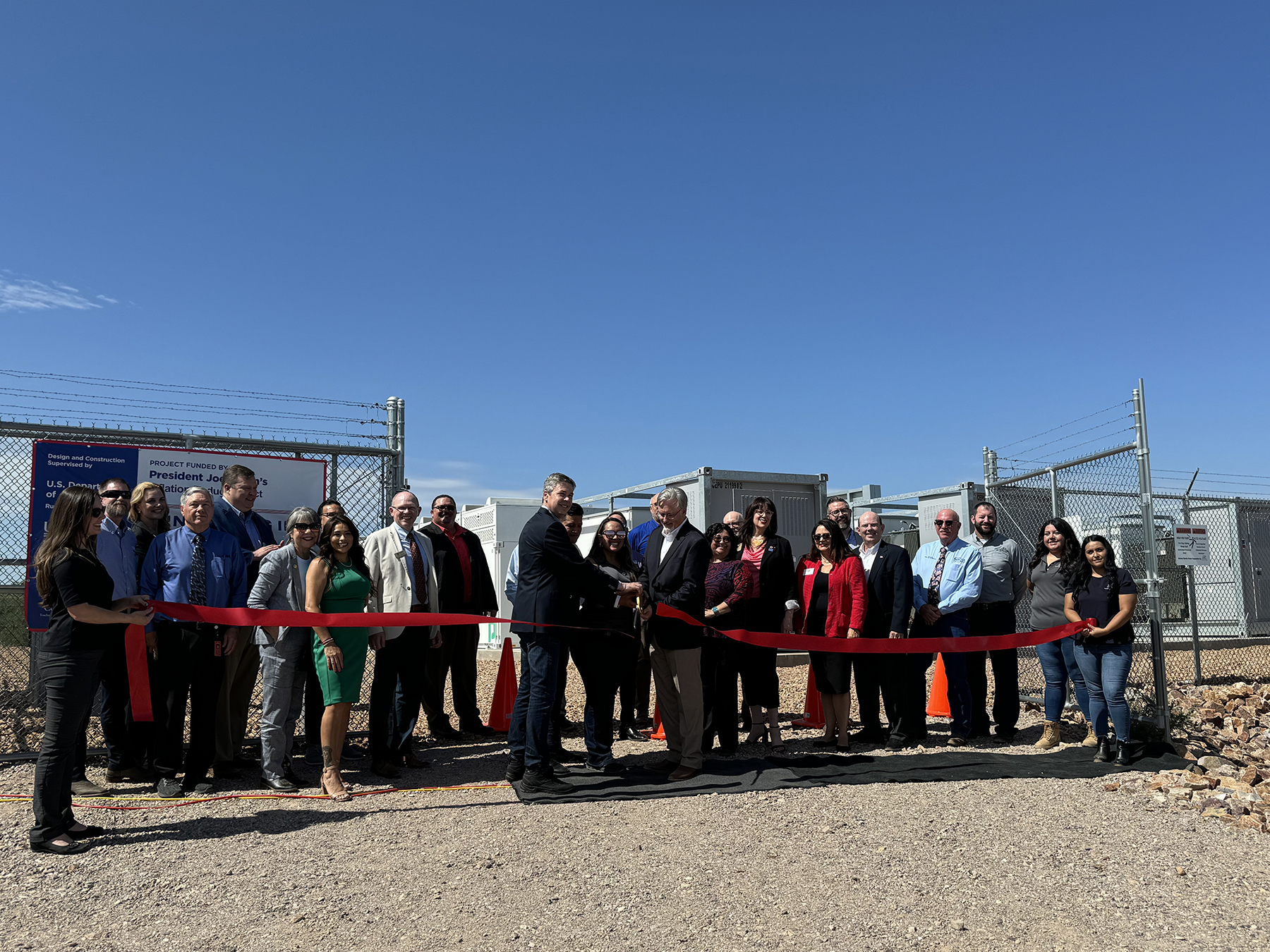

 SmartHub Log-in
SmartHub Log-in

